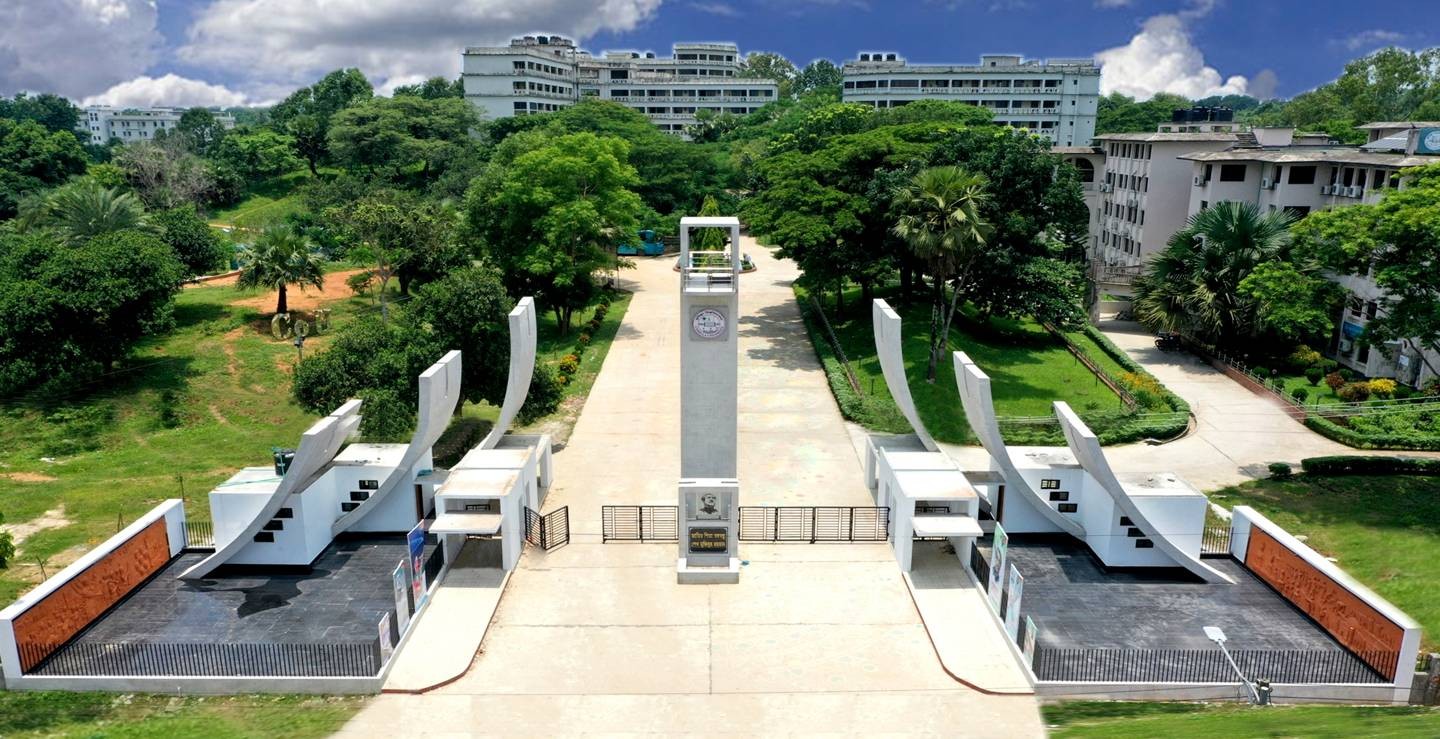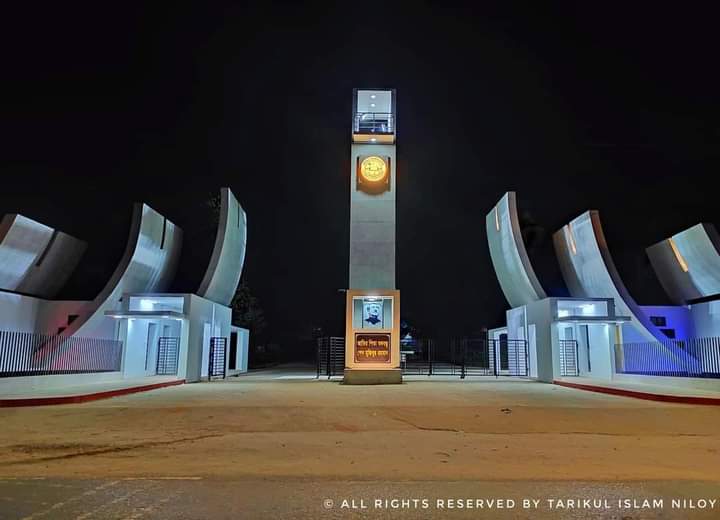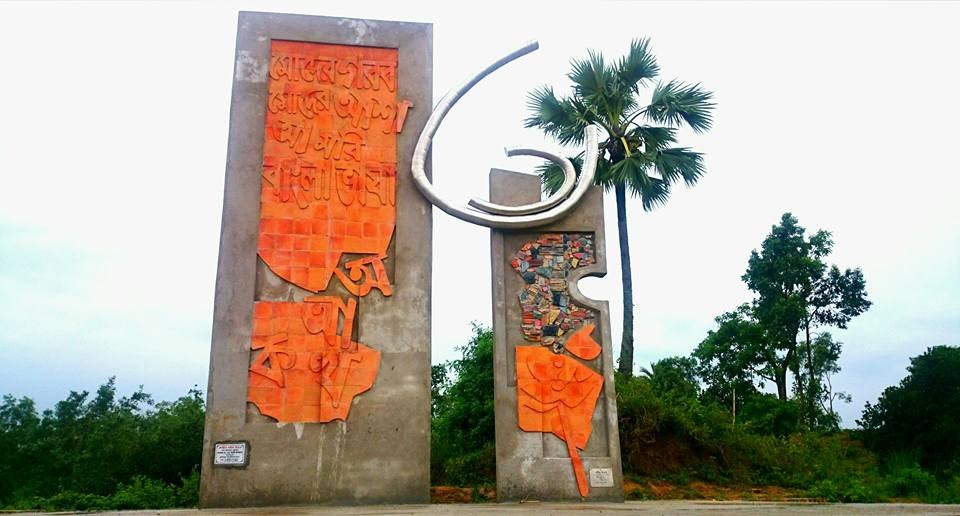Nur Mohammad Sohan
In Bangladesh, the issue of youth unemployment looms large, carrying the potential to destabilize social harmony and derail economic growth. The severity of this crisis is poignantly captured in the lyrics of “Hip-hop Police 2,” a song by Bangladeshi rapper Tabib Mahmud. He portrays the youth’s frustration by suggesting they abandon dreams of formal employment and return to agriculture, symbolizing a retreat to survival rather than ambition. The emotional turmoil surrounding youth unemployment echoes in the poem “Baker’s Letter” by Manibhushan Bhattacharya, where the cry of an unemployed young person becomes emblematic of despair across generations.
Historically, Bangladesh’s economic landscape was one of prosperity and promise. Ancient Bengal was a thriving hub where foreigners sought fortunes, drawn by the region’s abundant resources. However, with the advent of colonial rule, this prosperity eroded. Colonial exploitation drained the wealth and self-sufficiency of Bengal, leaving behind a legacy of poverty and unemployment. Today, the specter of unemployment continues to haunt the nation, with dire consequences for a society where over half the population is under 25.
Bangladesh currently has one of the highest youth unemployment rates in South Asia. According to economists, unemployment exists when individuals are willing and able to work but cannot find jobs at prevailing wages. Recent data from the Bangladesh Bureau of Statistics (BBS) reveals that the number of unemployed people in the country has surged, exceeding 2.5 million by the end of 2023. This rise, up from 2.47 million the previous year, reflects a deepening crisis that disproportionately impacts educated youth who struggle to find jobs aligned with their skills.
The education system in Bangladesh has long been criticized for its disconnect from the job market. A recent study from the UK highlights this issue, estimating that 47% of Bangladeshi graduates are unemployed. This alarming figure underscores a mismatch between academic qualifications and the skills needed in the modern workforce. Each year, thousands of young Bangladeshis migrate abroad for better education and job prospects, with many opting not to return due to limited opportunities at home. This phenomenon of brain drain deprives Bangladesh of a generation’s intellectual and professional potential, hindering its aspirations for growth.
Furthermore, while job opportunities for Bangladeshi citizens remain scarce, foreign nationals continue to occupy high-paying positions within the country. This employment disparity reveals an unsettling truth: the lack of investment in skill development for local youth. As a result, young Bangladeshi workers who migrate often find themselves underpaid or in exploitative conditions due to inadequate skills. The vicious cycle of poverty and unemployment continues, exacerbating socio-economic inequalities.
Corruption in Bangladesh permeates nearly every sector, creating roadblocks for economic and social progress. Various youth employment initiatives have been launched, but many fail to reach their intended beneficiaries due to corruption and nepotism. Qualified candidates are often sidelined in favor of less capable individuals with connections, further aggravating the sense of injustice and frustration among educated youth. This culture of corruption not only limits job creation but also discourages meritocracy, fostering a cycle of underachievement and disillusionment.
Addressing youth unemployment demands a multi-faceted approach that prioritizes sustainable economic development, fosters skill development, and champions an inclusive labor market. A comprehensive, employment-based economic plan can serve as a foundation for reducing poverty and achieving sustainable growth. Reforming the education system to better align with market demands is crucial, as is integrating vocational and technical education alongside traditional academics to equip students with practical skills. Encouraging fields like information technology, digital marketing, and advanced manufacturing could open new career avenues for the youth.
Entrepreneurship can be a vital engine for job creation, and young entrepreneurs need institutional support in the form of accessible loans, mentorship programs, and resources to start and grow businesses. Government agencies, private sector stakeholders, and NGOs should collaborate to create an ecosystem that supports entrepreneurial ventures, particularly in rural areas where economic opportunities are limited. A stable political and economic climate is also essential to attract foreign investment, which can generate substantial employment opportunities. By implementing investor-friendly policies, ensuring transparency, and minimizing bureaucratic hurdles, Bangladesh can position itself as a competitive destination for international businesses.
Skill development for overseas workers should also be prioritized, as remittances from expatriate workers are a major contributor to the economy. The government should emphasize training programs that prepare workers for skilled roles abroad, allowing them to secure better-paying jobs and improving their financial stability. Embracing the digital revolution through investment in digital infrastructure, fostering tech-based education, and promoting startups in fields like fintech, renewable energy, and e-commerce will further open emerging job markets that can drive future growth.
Youth unemployment in Bangladesh is a pressing issue that requires immediate and decisive action. Left unaddressed, it threatens to become a “ticking time bomb,” with devastating implications for the nation’s economy and social fabric. The frustration and hopelessness felt by unemployed youth will not simply dissipate; instead, it has the potential to fuel social unrest, exacerbate poverty, and undermine the country’s stability.
The government, private sector, and civil society must work together to confront this crisis. By empowering young people with relevant skills, encouraging entrepreneurship, and fostering a merit-based job market, Bangladesh can harness the potential of its youth and build a resilient, vibrant economy. If Bangladesh is to realize its ambition of becoming an upper-middle-income country, youth employment must be placed at the forefront of national policy. The country’s future prosperity depends on it.
The author is a BSS student in the Department of Public Administration, Comilla University, and a member of the Social Research Group (SRG), Bangladesh. The article is a work in progress.














